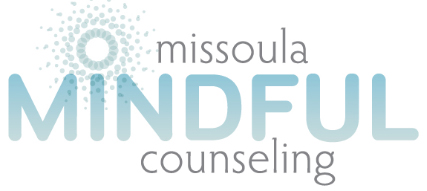Mindfulness-Based Cognitive Therapy (MBCT) is designed to help people who suffer repeated bouts of depression and chronic unhappiness. It combines the ideas of cognitive behavioral therapy with meditative practices and attitudes based on the cultivation of mindfulness. The heart of this work lies in becoming acquainted with the modes of mind that often characterize mood disorders while simultaneously learning to develop a new relationship to them. By combining meditation and CBT, Mindfulness Based Cognitive Therapy helps you break the link between negative moods and negative thinking. MBCT was developed by Zindel Segal, Mark Williams, and John Teasdale, and is based on Jon Kabat-Zinn's Mindfulness-Based Stress Reduction program.
How MBCT works to prevent relapse into depression
A major characteristic of depression is that it can feed on itself; a person gets depressed and then gets more depressed about being depressed. This cycle of negative thoughts start to become automatic. MBCT can help challenge this negative thinking by teaching you how to become more 'mindful', or aware, of what is going on in your mind and body.
The ABCs of MBCT
A. We start by developing awareness of what is happening in our experience. We do this through formal meditation, mindfulness exercises, and being mindful of activities during the day such as walking or eating.
B. Next, we learn to be with our experience. Instead of pushing away unwanted thoughts, emotions, or experiences, we cultivate an attitude of acceptance. Pushing away experience can often make it worse, while acceptance gives us an opportunity to find out what's going on and choose how best to respond. Being with our experience also allows us to more fully savor pleasant experiences.
C. Finally, we learn to choose how best to respond to our experience. Sometimes the most helpful thing is to just be with our experience as best as we can, noting thoughts as “just” thoughts (and not facts), or taking note of familiar unhelpful thinking patterns. Sometimes the most helpful response is to take some practical action by dealing with the issue or engaging in some pleasurable or satisfying activity.
Does MBCT work to prevent relapse into depression?
There is strong evidence to suggest that MBCT is highly effective in preventing relapse into depression. In early clinical trials, only half the people who completed the MBCT course relapsed (compared to an 80% relapse rate for people coming off antidepressants). MBCT is recommended by the National Institute of Health and Clinical Excellence guidelines for treatment of recurrent depression.
what is mindfulness-based cognitive therapy (MBCT)

The belief that one's own view of reality is the only reality is the most dangerous of all delusions.
Problems can not be solved by thinking within the framework in which they were created.
-Albert Einstein
